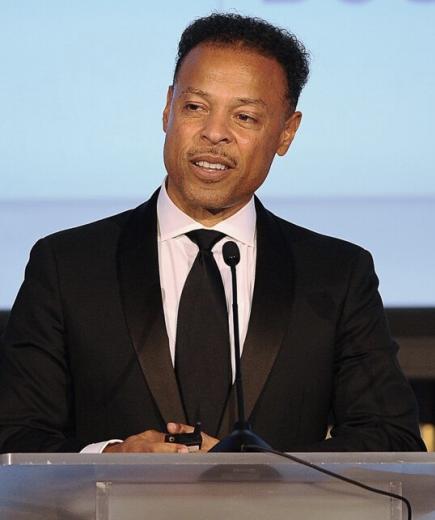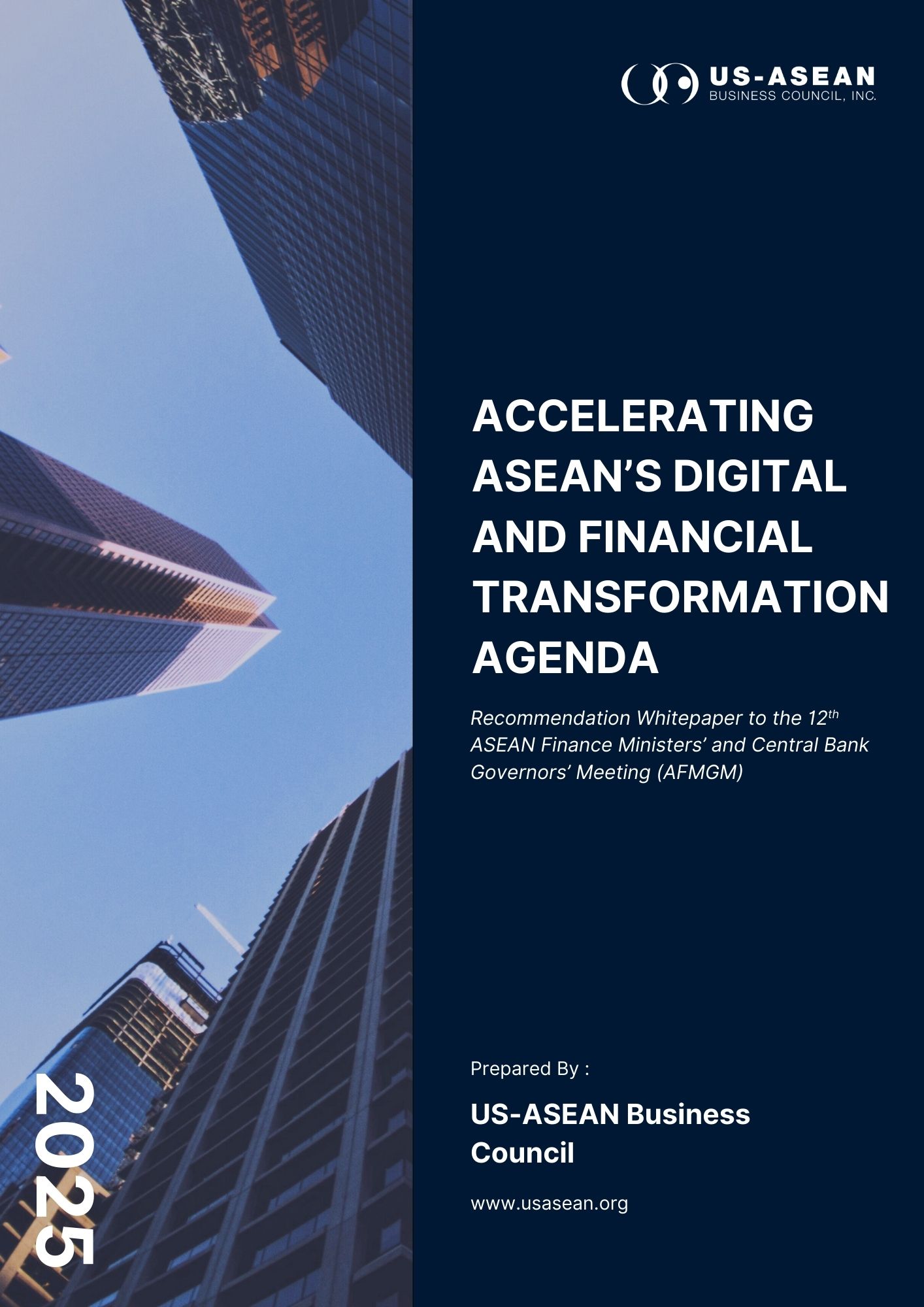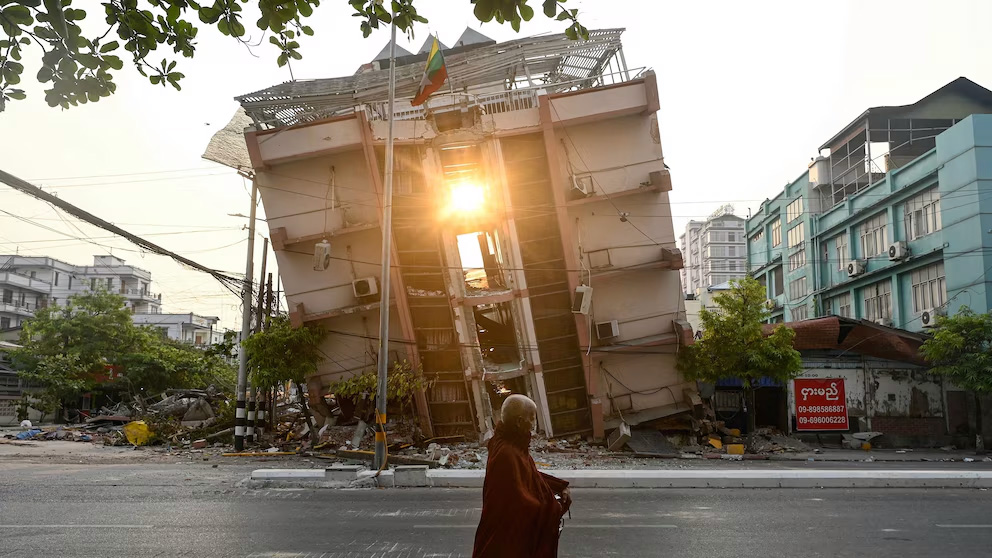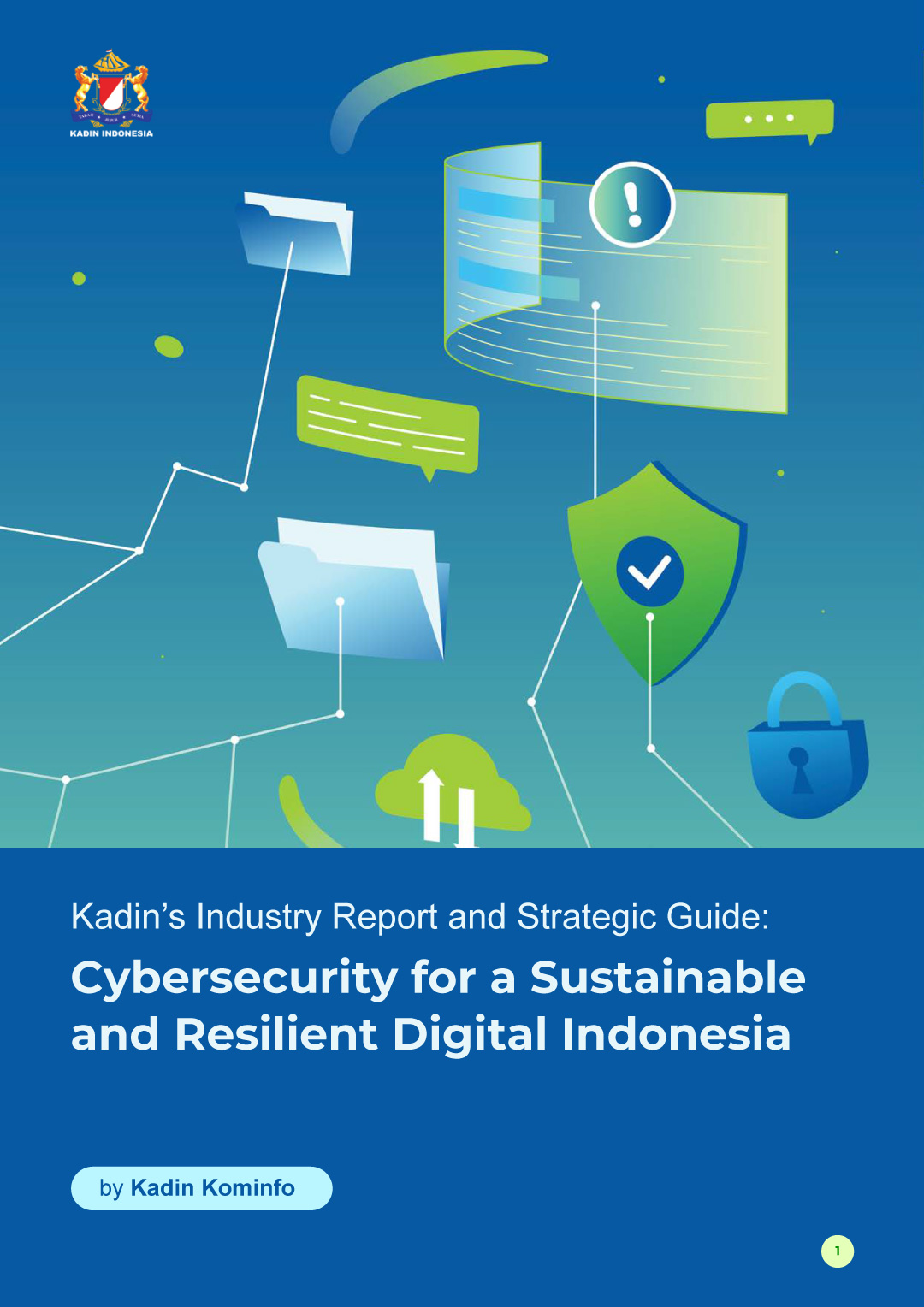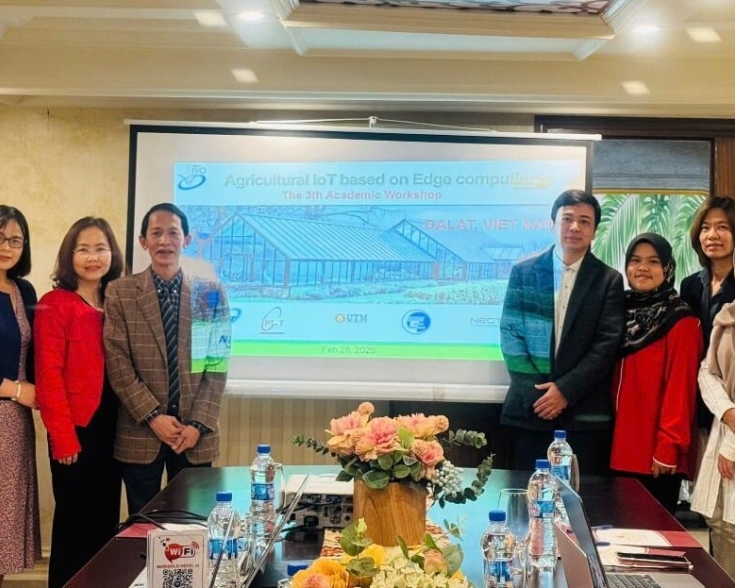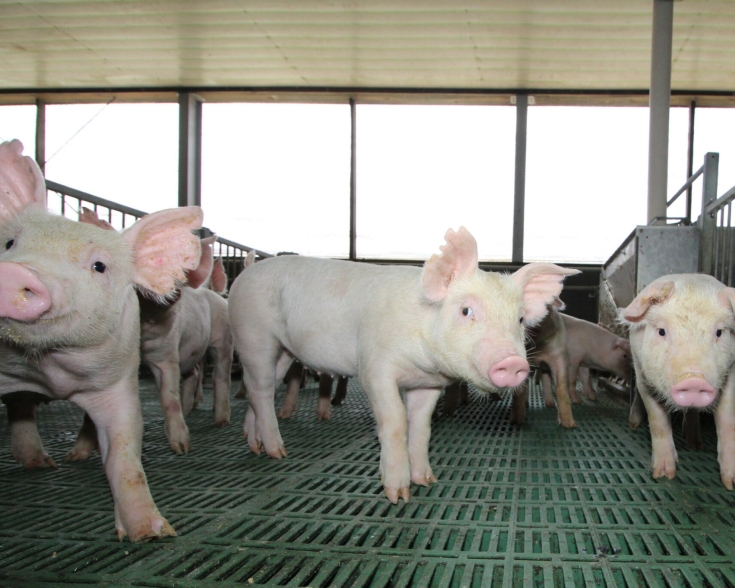A New Era of U.S.-Vietnam Strategic Economic Partnerships
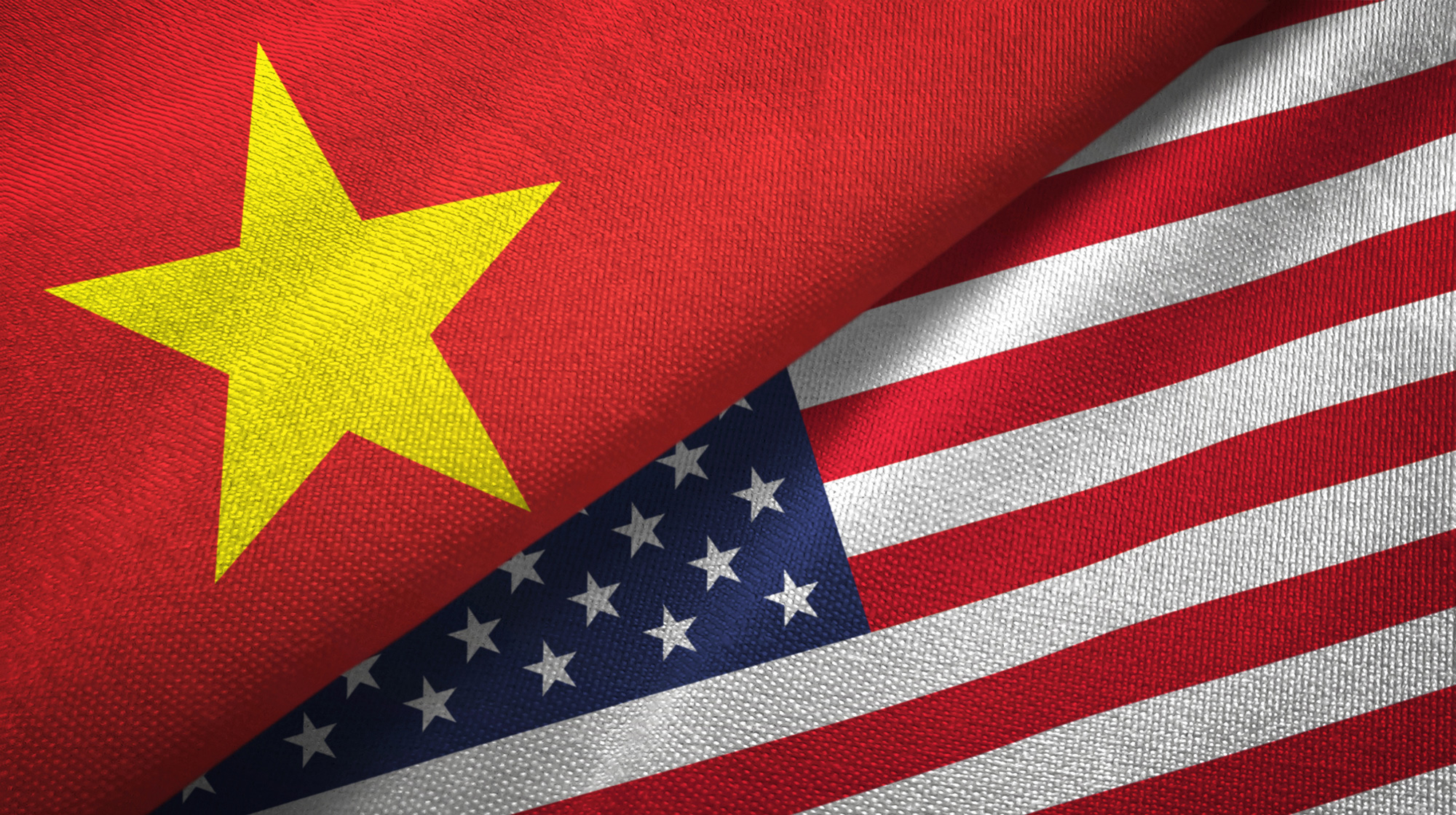
Vietnam has taken decisive steps to deepen economic ties with the U.S., emphasizing a spirit of mutual benefit and cooperation, despite being the 4th largest contributor to the U.S trade deficit in 2024. The two governments have demonstrated a strong commitment to promoting balanced and forward-looking trade relations. They continue to build on their Comprehensive Strategic Partnership (CSP), underpinned by enhanced political trust, regular high-level engagement, and stronger support for the U.S. businesses operating in Vietnam.
Vietnam has long been an active participant in Free Trade Agreements (FTAs), and the CSP marks a new milestone in its relationship with the U.S. Coinciding with the upcoming 30th anniversary of diplomatic relations, Vietnam and the U.S. are intensifying collaboration across strategic sectors such as energy, semiconductors, artificial intelligence, and aviation—seeking to drive growth and innovation through expanded trade and investment.
Diplomatic engagement remains a key pillar of this partnership. High-level communications between leaders, such as phone calls between Party General Secretary To Lam and US President Donald Trump, highlight continued goodwill. On March 13, Prime Minister Pham Minh Chinh met with US Ambassador to Vietnam Marc Knapper in Hanoi, where both sides reaffirmed their commitment to enhancing bilateral ties. As part of the 30thanniversary celebrations, both countries are also planning high-level visits and official meetings to deepen cooperation further.
In an effort to address trade imbalances, Vietnam has expressed intentions to increase imports of key U.S. products. Prime Minister Chinh has indicated that Vietnamese authorities are reviewing import tariffs to facilitate the inflow of U.S. goods that have competitive advantages and align with Vietnam’s needs such as agricultural products, liquefied natural gas (LNG), and high-tech items.
Vietnam is also proactively addressing U.S. concerns related to trade and investment. One key move includes sending the Minister of Industry and Trade as a Special Envoy to co-chair the U.S.-Vietnam Trade and Investment Framework Agreement (TIFA) Council Meeting, the key platform for resolving bilateral trade issues and fostering policy dialogue.
Additionally, the government is tackling trade remedy issues, including anti-dumping duties at the WTO, origin fraud, and transshipment violations to protect the interests of both countries’ industries.
The Vietnamese government continues to engage with the U.S. business community. From March 18 - 20, top officials from both the Communist Party of Vietnam (CPV) and the Government warmly welcomed a delegation of senior executives from 58 leading US companies – the largest U.S. business delegation to Vietnam date – led by the US-ASEAN Business Council. This high-level engagement underscores Vietnam’s rising importance as a key market and investment destination and highlights the mutual commitment to reinforcing strategic trade and investment cooperation between the two nations.
